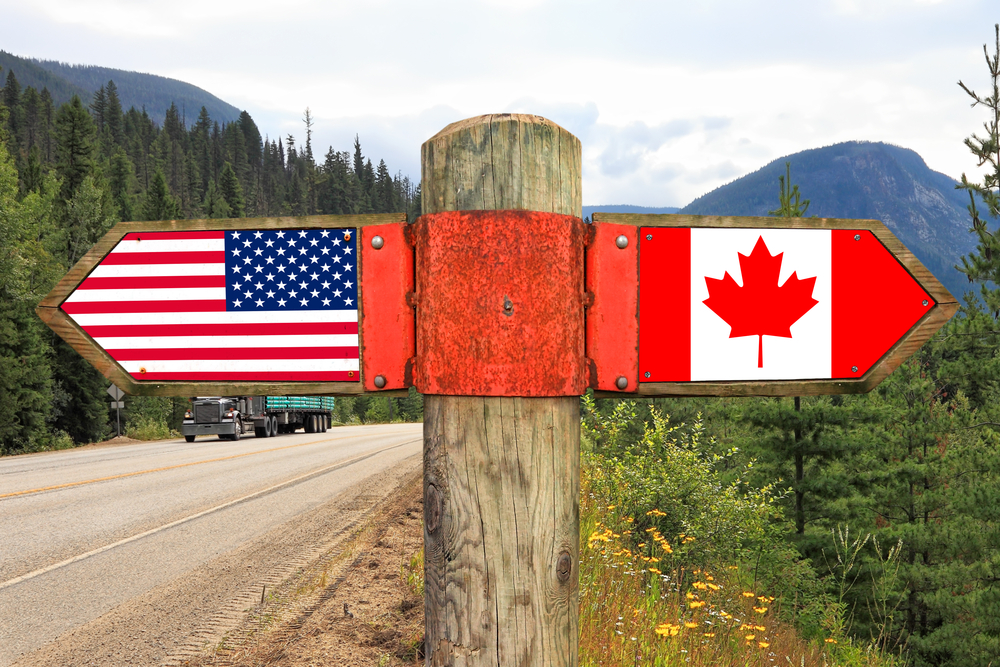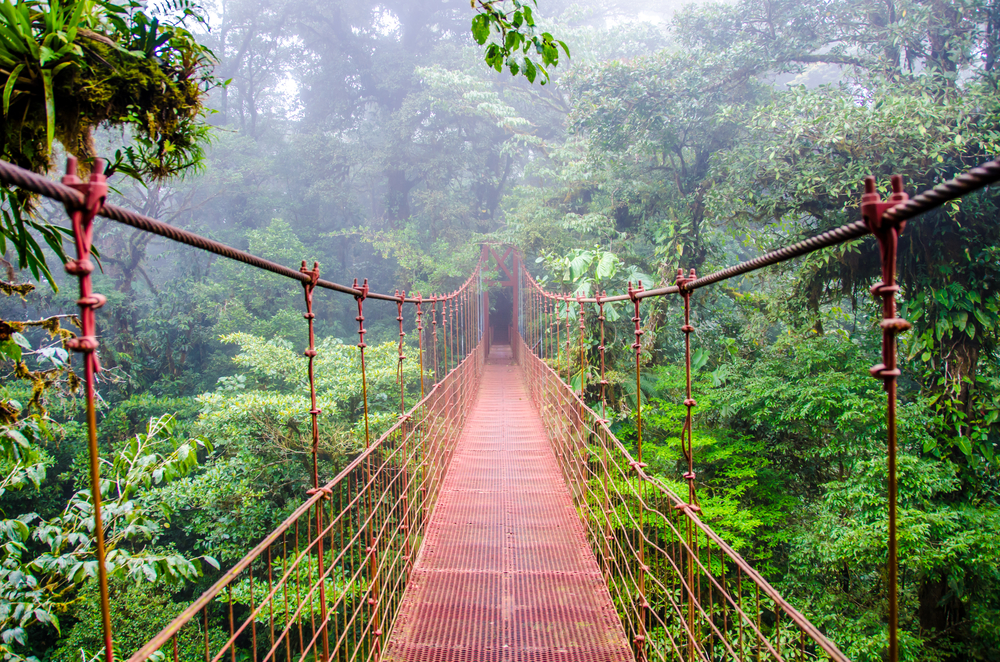I like motorcycles. I like to see as much of a new place as I can. So, naturally, I spent yesterday riding around Bermuda — literally — from the Dockyard on the West End to Fort St. Catherine’s on the East End. The trip provided plenty of opportunities to reflect on our Total Wealth Symposium, which concluded the day before.
This year saw many first-time attendees at the Total Wealth Symposium. Our membership has grown substantially over the last two years. As always, I spent considerable time in conversation with attendees and obtained valuable intelligence — specifically, what concerns them — which helps determine topics for The Bauman Letter for the next 12 months.
On one level, given the circumstances in the world today, their concerns weren’t surprising … but on another, they were striking indeed.
Let’s start with some reflections on the beautiful island of Bermuda, in the mid-Atlantic, a thousand miles from the East Coast.
Although they no longer use the term, Bermuda is one of the few remaining British “colonies.” It’s internally self-governing, but the queen is still head of state, and Bermudian self-government ends at the waterline. Nevertheless, the politicians in Hamilton, the capital, have enough authority to maintain the island’s status as a tax-advantaged investment destination for corporate headquarters. Many of the world’s biggest insurance companies, for example, are technically based in Bermuda. On my cycle tour, I passed right by the building housing most of them — about the size of a post office.
In the wake of the Panama Papers, Her Royal Britannic Majesty’s government is not amused by this state of affairs. Under former Tory Prime Minister David Cameron in particular, London brought great pressure to bear on the Bermudians to stop poaching corporations from higher-tax jurisdictions like the U.K. and the U.S. The plucky Bermudians ignored him and continue to level no corporate tax on offshore earnings.
The Hand That Feeds
As the saying goes, Bermuda is a “flyspeck” in the ocean. Its surface area is a mere 20.5 square miles. It’s rocky and hilly enough to discourage the toughest New England farmer. Although 400 years of habitation have taught the locals a lot of self-sufficiency tricks — especially architecture and rainwater harvesting — they remain utterly dependent on the outside world for food, fuel and manufactured goods. (Strangely, given its maritime location, steak enjoys pride of place on every Bermudian menu. But I saw a grand total of two scrawny cows on the island.)
It should be easy to connect the dots: Bermuda’s ability to do what it does depends entirely on the goodwill of others — especially those countries that supply its material needs. Sure, the U.K. government would be extremely reluctant to starve Bermuda into submission of its tax laws … but it could do so with no difficulty if it so chose. Given that most of Bermuda’s needs are met by U.S. suppliers, so too could Washington.
Go Big or Go Home
That’s where my engagement with Total Wealth Symposium attendees comes in.
Given November’s electoral choices, everyone to whom I spoke is deeply concerned about the future. At best, taxes and government deficits will rise in the U.S. At worst, political instability will cause the stock market and the dollar to crash. That’s why the most common questions I fielded were “Where should I put my gold?” and “Where should I look for a second residence or passport?”
Sadly, Bermuda and lovely places like it were not amongst my recommendations. It’s becoming clearer to me every day that for citizens of the U.S., at least, small, import-dependent countries with no global leverage are unable to offer reliable protection. Right now, they can offer passports for sale and play fast and loose with tax reporting. But if the occupant of the White House decided to crack down, that house of cards would fold in an instant. Little island governments aren’t going to go to war over your U.S. taxes or bullion.
The question is … which governments would? Very few, but that’s not the point. Many jurisdictions today possess the wherewithal to resist potential U.S. government pressure over tax and financial privacy issues. Not all of them are big countries with sizable military capacities. Instead, they are countries with a diversified set of foreign relationships. In any financial playground scrap, the U.S. bullyboys would have to answer to those friends as well.
Looking After No. 1 … You
That’s why I’ve decided to devote some Bauman Letter space in the coming year to a careful review of those sorts of jurisdictions. What are the safest places, politically speaking, to keep your gold and other tangible assets? Which jurisdictions have the best political and economic diversification? Which of them would welcome you as well as your wealth?
I’ll admit to being nervous as November approaches. You should be, too. But together, we can do something positive about our future instead of waiting to see what it brings.
Kind regards,

Ted Bauman
Editor, The Bauman Letter



